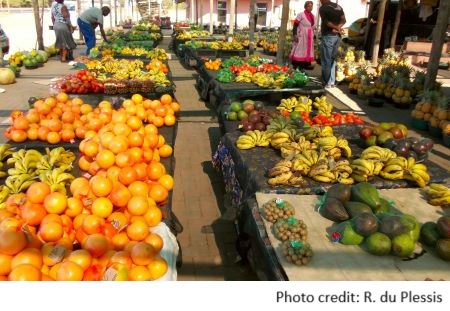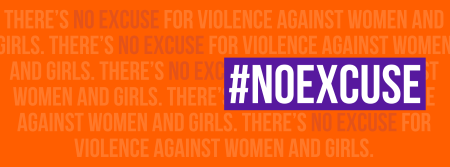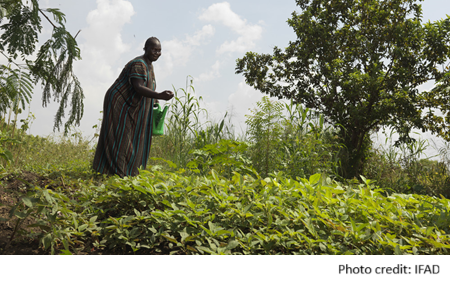June 20th marks World Refugee Day. For millions of women and girls among the world’s ever-growing refugee population, education remains an aspiration, not a reality. In Africa, COVID-19 is, in fact, amplifying the struggle that children are already facing to reach a quality education. Malala Fund research is showing that, globally, up to 10 million secondary school aged girls may never return to the classroom due to harmful gender norms, early child marriage, child labour and strains on household and government spending.
Click here to read more about the UNHCR’s (UN Refugee Agency) commitment to making education for refugee girls a priority.
In this 25-minute podcast, Africa’s and Ireland’s first female heads of state, Ellen Johnson Sirleaf and Mary Robinson, discuss a wide range of topics, from feminist leadership to the COVID-19 response, and progress on the UN Sustainable Development Goals and development in Africa.
Click here to listen.
"The pandemic is a reminder of the intimate and delicate relationship between people and planet. Any efforts to make our world safer are doomed to fail unless they address the critical interface between people and pathogens, and the existential threat of climate change, that is making our Earth less habitable.”
-- WHO Director-General Dr Tedros Adhanom Ghebreyesus in address to the 73rd World Health Assembly. May 18th 2020
The World Health Organization offers six prescriptions for a Healthy and Green Recovery from COVID-19. Read them here.
Read about this unique MA in Education program at York University in Toronto that is celebrating the first cohort of Dadaab students to earn a York University graduate degree in Education. We only have one question, “Where are the women?”. to find out more.
A report recently released by the Global Centre on Adaptation and the African Adaptation Initiative, and backed by 54 African leaders, identifies ways in which stimulus spending in Africa can be used to ‘build back better’ after COVID-19. The compound crises of the pandemic and climate change require an integrated response so that recovery programs can propel Africa towards increased resilience. To learn more and to access the full report, click here.
Launched this week, the 6 Principles for a Just Recovery are the result of discussions among civil society groups across Canada, and have been endorsed by over 200 organizations. GRAN is among them. We support a just recovery for all. Click here to learn more.
It is encouraging to see this report about Canada's leadership on debt relief and to learn of the government's plans to respond to the UN global appeal for contributions to help fight the pandemic in the world's poorest countries.
Click here to read more.
The impact of COVID 19 on adolescent girls in Africa is likely to have devastating long term effects. The pandemic will exacerbate the inequalities already faced by young girls. Read the joint solidarity letter sent to the African Union to advocate for critical interventions to ensure that adolescent girls are not left behind.
The COVID-19 pandemic has exposed the impact of ageism on the human rights of older people here at home and all around the world. In response, GRAN has recently endorsed a letter written by Margaret Gillis, President of the International Longevity Centre, directed to the Ministers of Foreign Affairs and of Seniors, urging Canada to show immediate and decisive leadership in supporting a Convention on the Rights of Older Persons. The full text of Margaret’s letter is available here.
Eswatini (once known as Swaziland) is a small landlocked kingdom bordering South Africa and Mozambique. Small scale farmers participating in a permaculture training program are proud to make a contribution towards the health of their community by continuing to produce and sell home grown vegetables during the COVID-19 partial lock down.
Click here to read more about how the Guba program in eSwatini is addressing nutrition and poverty challenges while providing income generation opportunities and teaching agricultural skills and techniques needed for climate adaptation.


